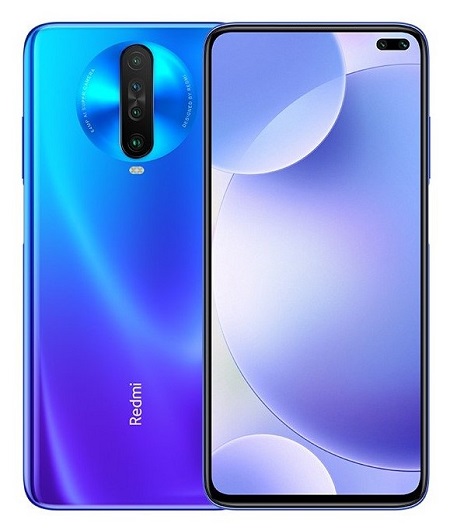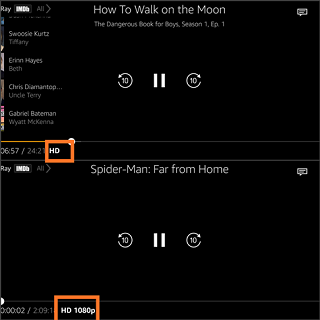The rage is all about the recently launched Redmi K30 series as fans look forward to the global launch of the devices, including the 5G variant. Still, their arrival doesn’t make their immediate predecessors, the Redmi K20 and K20 Pro, obsolete.
Matter of fact, with only a few months on the global scene, anyone rocking either of the Redmi K20 or K20 Pro has one of the best handsets on the market today.
Xiaomi made the pair even better recently by pushing the highly anticipated Android 10 update. But even so, the devices have still had one major issue to deal with – the lack of Amazon Prime HD streaming.

This, however, has been addressed by the company, meaning that going forward, owners of the Redmi K20 and K20 Pro can now enjoy HD streaming via the Amazon Prime app, just like the Netflix counterparts.
The missing support for Amazon Prime HD streaming on the Redmi K20 Pro was first raised in September and a couple or so weeks later, the company responded by promising to bring this feature to not just the K20 Pro, but also the standard K20 at a later time.
Well, the day is here and even better is that you don’t need a software update that may take time to reach your Redmi K20 or K20 Pro unit. Instead, the matter is being handled by Amazon from the server-side, but there are a couple of things you’ll need to do.
– Make sure you have updated your app to the latest version.
– Must have set content streaming at the highest.
– Good, stable and fast internet connection.
Source

The Redmi K20 and K20 Pro aren’t the only Xiaomi devices struggling with streaming HD content. Also, owners of the Redmi Note 8 Pro have this issue with respect to Netflix, but they’ve been promised a fix as part of the Android 10 update.
NOTE: There is more Redmi-related coverage here. You may route here for more Xiaomi stuff.
PiunikaWeb started as purely an investigative tech journalism website with main focus on ‘breaking’ or ‘exclusive’ news. In no time, our stories got picked up by the likes of Forbes, Foxnews, Gizmodo, TechCrunch, Engadget, The Verge, Macrumors, and many others. Want to know more about us? Head here.


